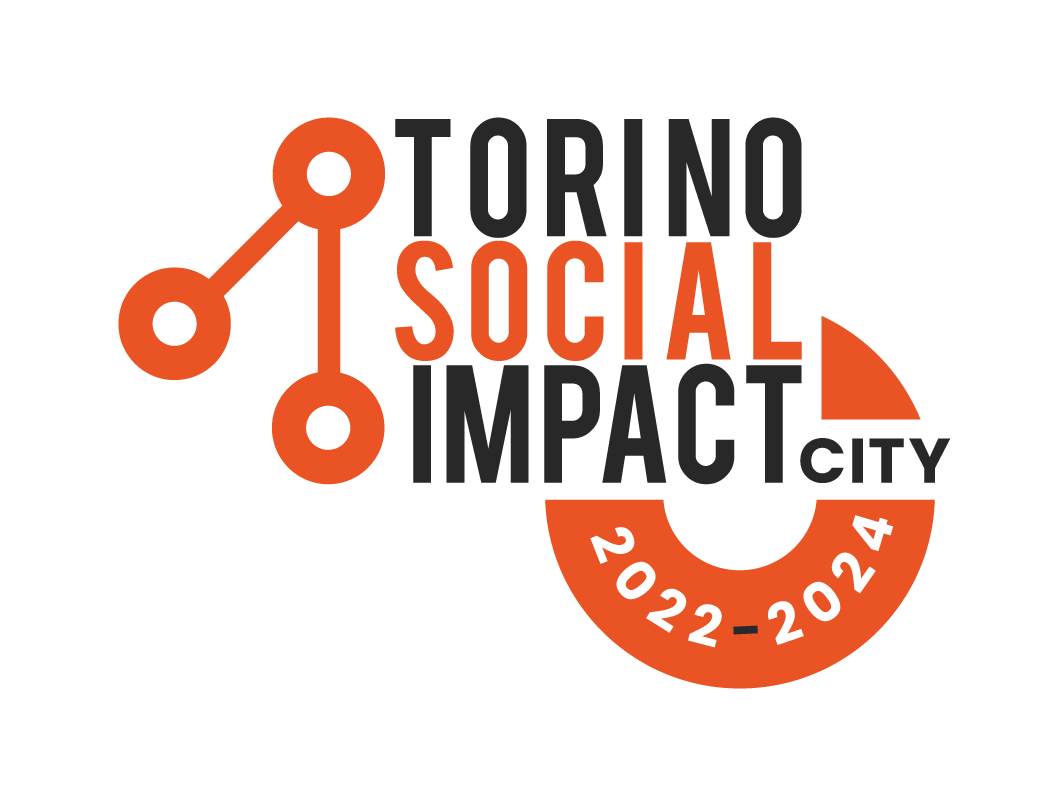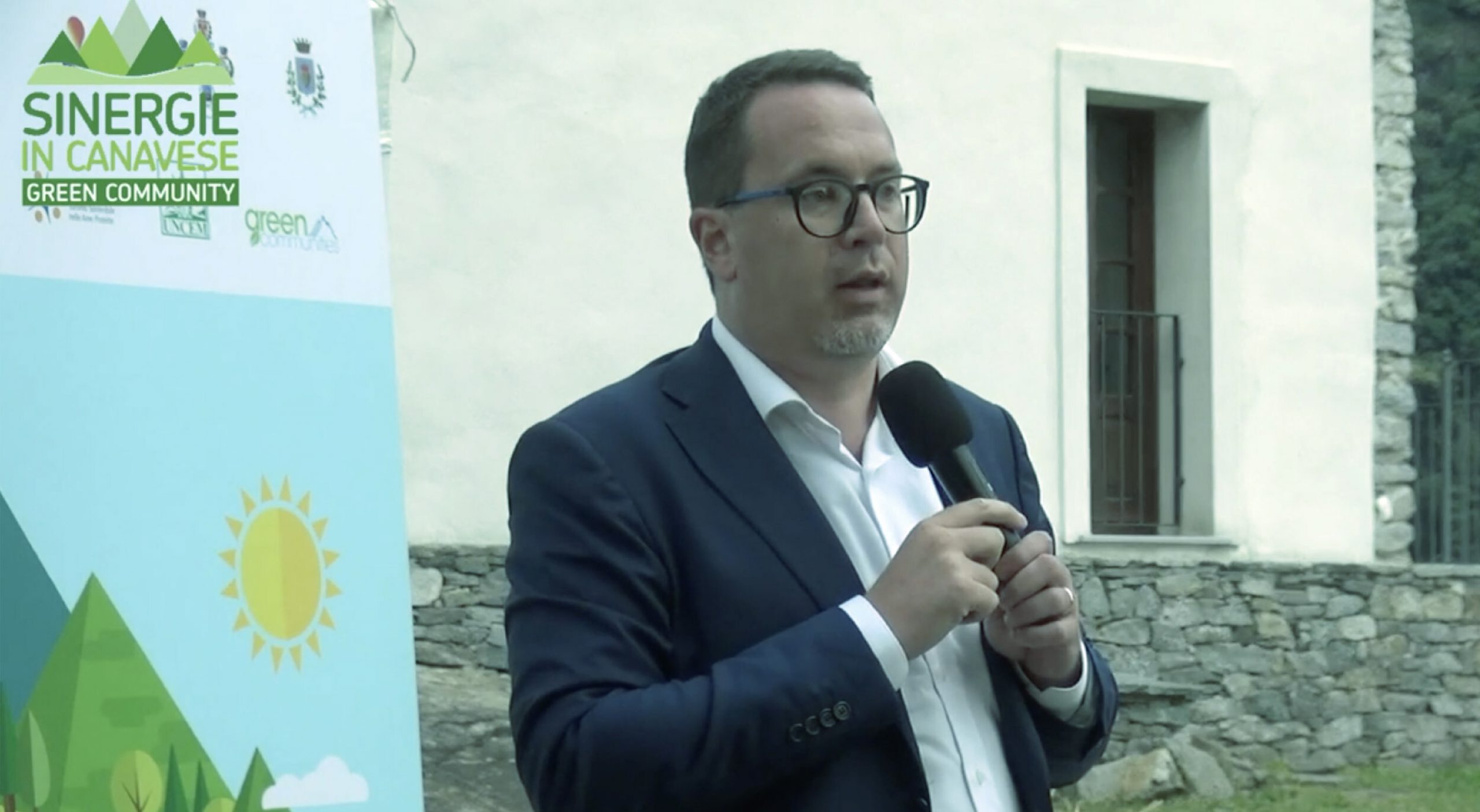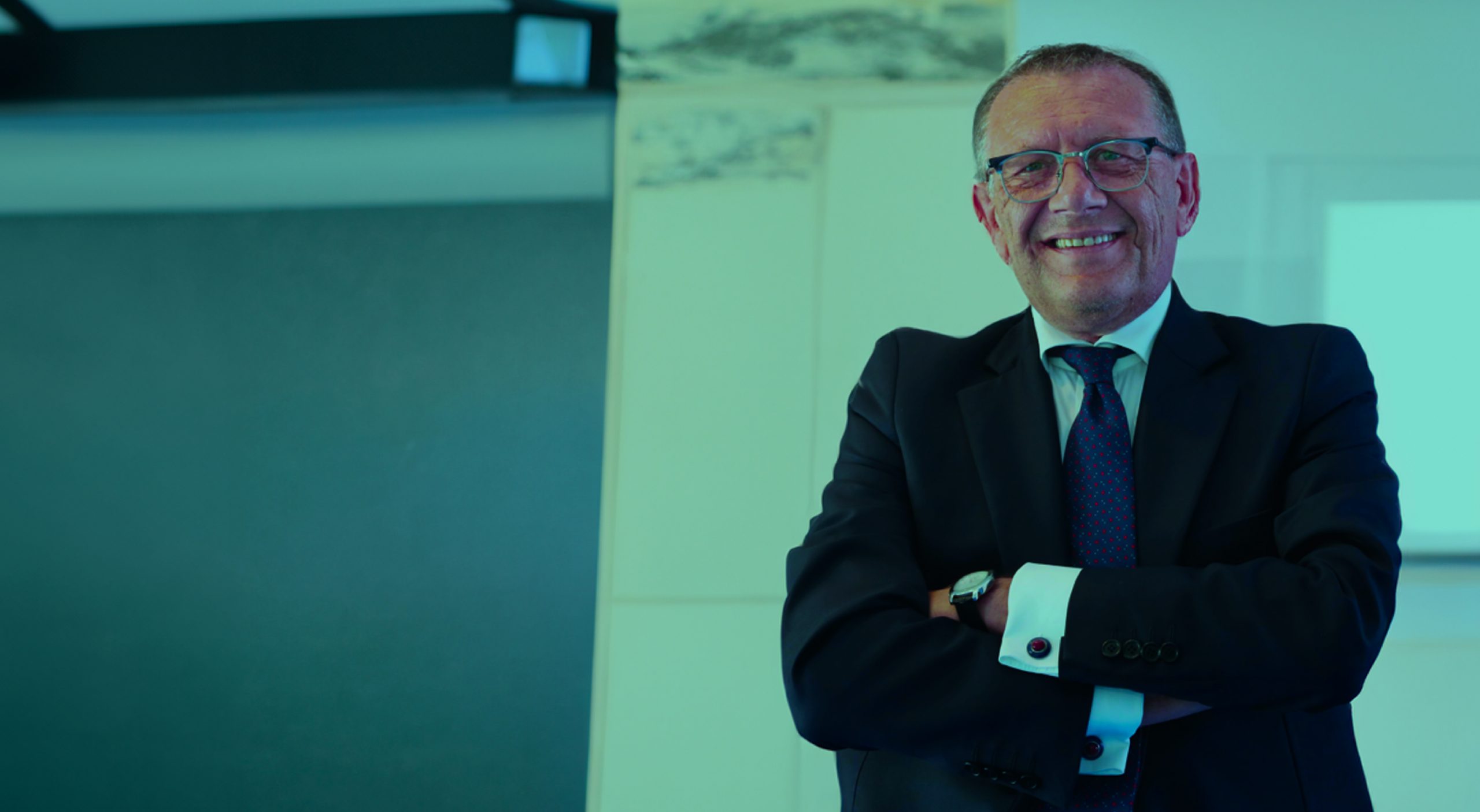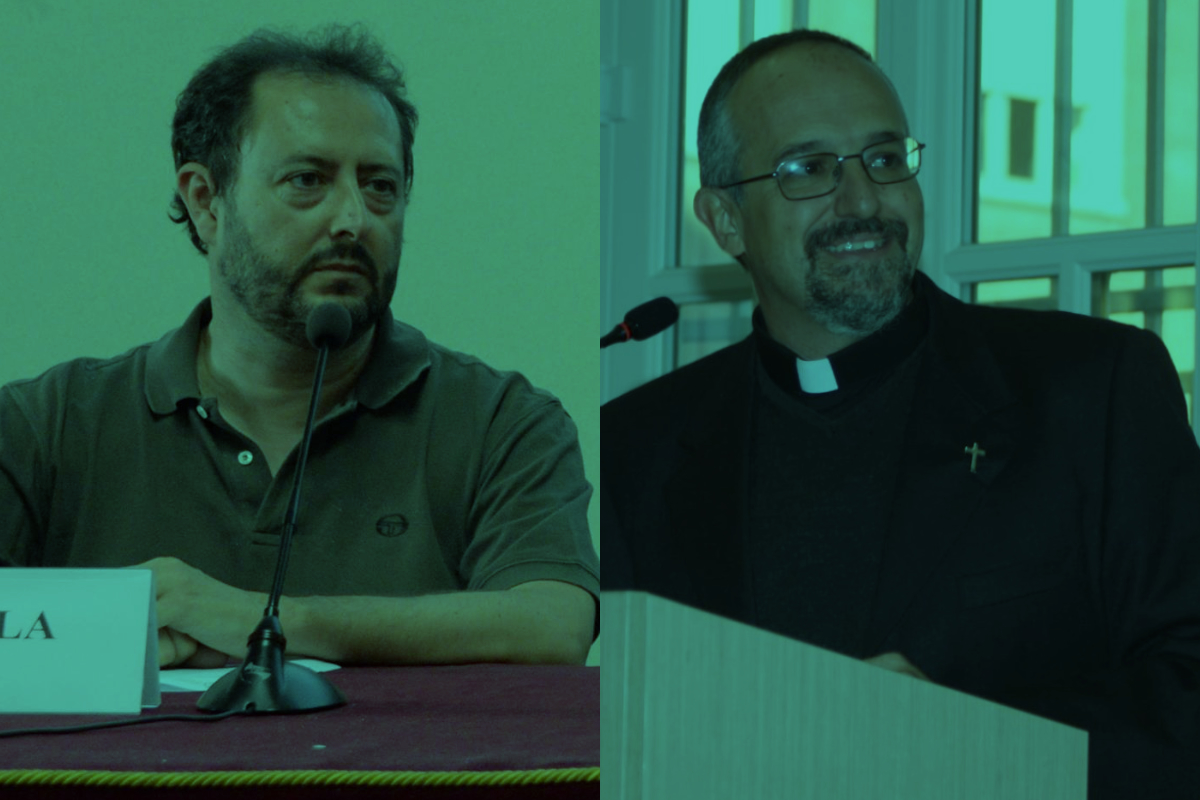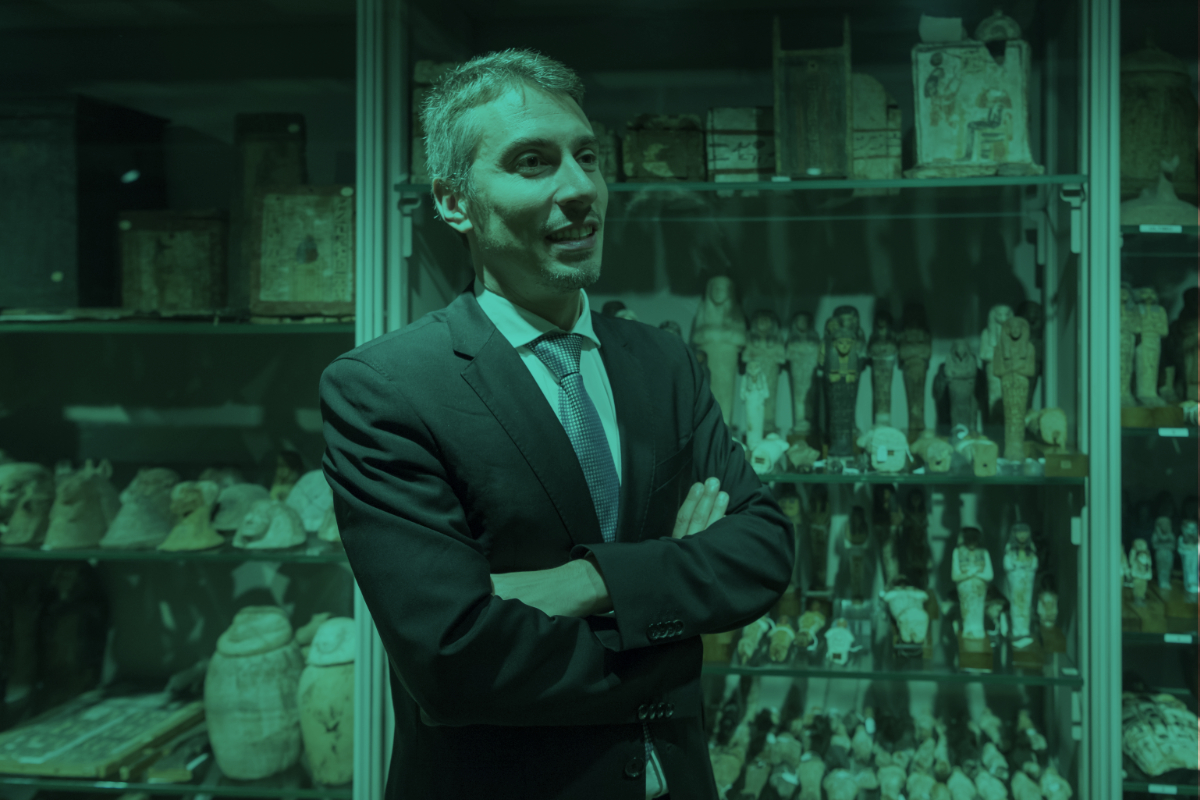by Pier Paolo Luciano
University professors Paolo Biancone and Silvana Secinaro, coordinators of the Professional Update University Course (Cuap) launched in 2020, say, "It will soon become a strategic and mandatory figure within companies."
The last 40 aspiring impact assessors started the course two months ago. There are ten online lessons, each four hours long, every Monday afternoon (though they can also be followed asynchronously). Then, there are another 85 hours for individual or group work on a project work — with participants divided into groups of five — that will be crucial for the final evaluation, a kind of trial by fire before obtaining certification and registration in the professional register.
This is the fifth course promoted by the University of Turin and coordinated by the Department of Management of the Faculty of Economics. It’s titled Cuap in social impact evaluation. Once again, participants come from all over Italy because the University of Turin has been a pioneer in this field since 2020 when the first course was organized. It invented something that didn’t exist to train professionals capable of examining the social changes produced by their company and measuring corporate performance against predetermined objectives, with objective and transparent criteria.
Paolo Biancone, full professor, who coordinates the course, explains: “The idea matured in the Social Entrepreneurship Committee created by the Chamber of Commerce. Following the Torino Social Impact platform, we said: we must promote a university professional update course on impact assessment and ESG aspects. From the beginning, we identified third sector entities as the project’s beneficiaries. Thus, we opened the course to those with a bachelor’s degree but also to those with only a diploma who already work in the field and therefore have field experience, know the tricks of the trade”.
The Cuap project also included the Polytechnics of Milan (with Tiresia) and Turin, the Chamber of Commerce, the Compagnia di San Paolo, the Cottino Foundation, and training agencies linked to Confcooperative and Legacoop. It was immediately a success, with 90 enrollees. After all, social impact assessment is increasingly important, not only in the Third Sector, where it’s the basis of the social balance sheet, mandatory for entities with revenues over one million euros, social enterprises, and volunteer service centers. The European Union has already extended the mandatory requirement to large companies, and by 2026 the social balance sheet will also be imposed on SMEs. Not only that. More and more often, banking foundations require this innovative tool to participate in tenders. And a small private bank in Cuneo, Banco Azzoaglio di Ceva, asks companies for a document that proves the social validity of the project they would like to be financed.
Moreover, the expert in social impact is crucial for all projects related to the PNRR, the National Recovery and Resilience Plan funded by Brussels. And also for those managed with EU 21-27 funds. But it’s also important for local entities like the Region and the Municipality to set the rules of the game in tenders and ensure virtuous behavior once the contract is awarded.
After all, that the audience is quickly expanding is also evident by looking through the curricula of the 270 participants in the course who, in the first four editions, obtained the Cepas certification and the digital “Open Badge” from Bestr. Initially, they were mostly representatives of the Third Sector, but year by year, the map has changed, balancing also the ratio between men and women. Employees of banking foundations, representatives of the Public Administration, freelancers, and this year even a collaborator of an Agency of the European Commission are chasing registration in the Register of Impact Assessors.
Silvana Secinaro, chartered accountant, full professor, and lecturer in the course as well as co-author with Biancone of the book “The evaluation of social impact” (Pearson publisher), sees a revolution around the corner. “In five, ten years, impact assessment will be a key document in company reports. An integration that will be indispensable. Because a significant change in mentality is underway. Until now, company reports have been built on two items: economic and financial. But the axis is shifting, with the social aspect forcefully coming into play. And so the impact assessor will become a mandatory figure and an entrepreneur will no longer wonder whether that document is advisable, knowing it’s necessary”.
Another signal still comes from the University of Turin. In November, the same group that devised the update course for impact assessors launched a new training course of the same duration (125 total hours and final project work): “Social impact finance”. Twenty-five participated, confirming that interest now also affects the world of finance. “In simple terms, we explain how to attract financial resources to social impact projects and report them – explains Biancone -. After all, there are funds like Blackrock that seek companies, organizations, and entities aiming to generate measurable social or environmental benefits along with a financial return but have difficulty finding them”.
But there’s more. In the strategic plan of Torino Social Impact, the theme of impact measurement was identified as fundamental for the development of the social economy: along this line, in addition to supporting Cuap, TSI has conceived the creation of CeVis, a competence center to strengthen the culture and evaluative practices through guidance, methodological support, training, updating, and alignment with international methodologies. Launched in 2018, it is now located at the Cottino Social Impact Campus thanks to an agreement between the Turin Chamber of Commerce and the Cottino Foundation and is available to all local public and private entities, both profit and non-profit.

